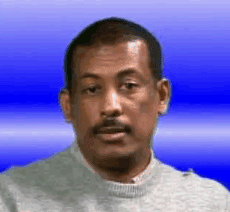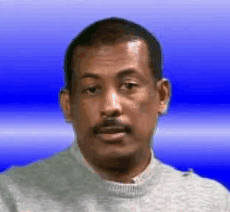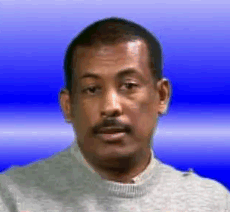Ethiopia Uses Anti-Terror Laws to Terrorize Dissent
Critics call recent charges on journalists trumped up and accuse Ethiopia of using so-called anti-terrorism laws as a tool of oppression.

Elias Kifle Courtesy of Elias Kifle
|Updated:
Peter Valk is a tea expert who has extensively travelled in Asia, interrupted by odd jobs and a short spell of studying anthropology in the Netherlands. In his travels, he steeped himself in Asian culture, learned Chinese, met his wife and found his passion. He has been in tea business over seven years, selling Chinese tea and giving workshops on Chinese tea and culture. Currently, he is living in the Netherlands where he is busily but mostly happily making up for his travel time.
Author’s Selected Articles




